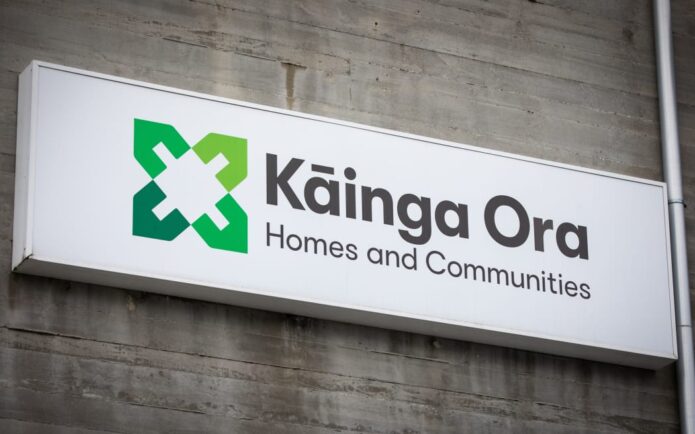PHOTO: New Zealand’s official cash rate target is now 2.5 per cent, compared to 1.35 per cent in Australia.
Central banks in New Zealand and Korea have pushed ahead with further super-sized interest rate rises as they attempt to tame rampant inflation.
Key points:
- Both the RBNZ and Bank of Korea have raised interest rates by a further 50 basis points
- New Zealand’s benchmark cash rate is now 2.5 per cent and Korea’s 2.25 per cent
- Many economists now expect that many central banks will stop hiking rates by the end of this year
Both have been at the forefront of global central bank moves to quell inflation, lifting rates from pandemic lows in the second half of 2021, many months ahead of most other central banks, including the Reserve Bank of Australia (RBA), which first moved in May.
The Reserve Bank of New Zealand (RBNZ) increased its benchmark overnight cash rate target from 2 to 2.5 per cent today, while the Bank of Korea (BoK) also raised rates by 50 basis points earlier this morning to 2.25 per cent.
It is the third meeting in a row that New Zealand’s central bank has lifted rates by half a percentage point, and the move was expected by almost all analysts.
Traders are currently pricing in a roughly 50/50 chance that the RBA will follow its neighbour across the ditch with a third consecutive 50-basis-point rate rise in August.
Such a move would take Australia’s cash rate to 1.85 per cent.
Those who do not expect a half-a-percentage-point rise are expecting that the RBA will raise the cash rate by 25 basis points to 1.6 per cent.
Are interest rates nearing their peak?
Many economists are now coming to the view that the string of aggressive rate rises in many countries may be nearing an end.
While Marcel Thieliant from Capital Economics expects another 50-basis-point rate rise in New Zealand next month, taking its cash rate to 3 per cent, he also expects it will not go much higher than that.
“Our view remains that the ongoing housing downturn will weigh heavily on residential investment and constrain household spending, ultimately forcing the bank to stop hiking once the policy rate reaches 3.5 per cent by year-end,” he wrote.
Mr Thieliant’s colleague who covers Asia, Gareth Leather, sees a similar outlook for Korea.
“We think inflation will stop rising soon and will start to drop back sharply early next year,” he noted.
“We expect headline inflation to start falling from August.
READ MORE VIA ABC
MOST POPULAR
 20-year-old buys first home after ditching waitress job for OnlyFans
20-year-old buys first home after ditching waitress job for OnlyFans Real estate brand @realty brings 100% commission with no fees to NZ | WATCH
Real estate brand @realty brings 100% commission with no fees to NZ | WATCH Mortgage rates aren’t going to get as high as expected
Mortgage rates aren’t going to get as high as expected Property investor charged with fraudulently obtaining millions of dollars in home loans
Property investor charged with fraudulently obtaining millions of dollars in home loans Real estate agent shares two radiant last pictures of his wife who tragically died
Real estate agent shares two radiant last pictures of his wife who tragically died Developer seeks to turn $12.5m heritage farm into luxury golf course | WATCH
Developer seeks to turn $12.5m heritage farm into luxury golf course | WATCH REAL ESTATE MARKET CHANGES: New Zealand lost 11,000 people in a year
REAL ESTATE MARKET CHANGES: New Zealand lost 11,000 people in a year 40 homes closer to being lost after busway decision
40 homes closer to being lost after busway decision Goodbye NZ, G’day Australia: Last one turn off the lights
Goodbye NZ, G’day Australia: Last one turn off the lights Abandoned land for sale
Abandoned land for sale
















